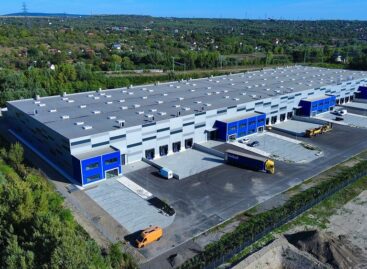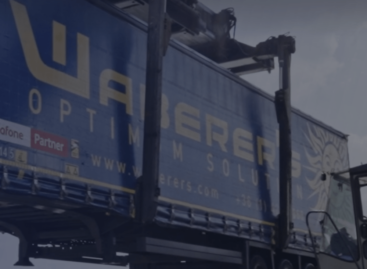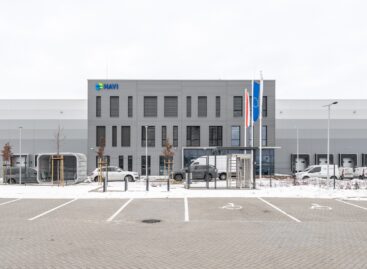Is Brexit still a challenge for logistics?
The impact of Brexit on trade between the United Kingdom and the European Union, and at the same time on the related logistics processes, can still be felt after four years. The constantly introduced new regulations, increased costs and the complexity of border crossing procedures significantly complicate the operation of businesses. The volume of trade between the EU and the UK has fallen by a fifth, while road freight is suffering significant delays, according to ESRI figures.
 New agreements such as the Northern Ireland Protocol (Windsor Framework) may bring some easing of customs requirements, but overall, logistics chains continue to face challenges, particularly for food and health products. As a result of Brexit, a number of new laws have come into force, and more are expected, which may also bring difficulties to trade and logistics processes as a whole. Due to stricter customs controls in the UK, many businesses face higher administrative and shipping costs. The new Customs, Animal and Phytosanitary (SPS) controls introduced in 2023 may further increase delays and prices, so the logistics situation is yet to improve.
New agreements such as the Northern Ireland Protocol (Windsor Framework) may bring some easing of customs requirements, but overall, logistics chains continue to face challenges, particularly for food and health products. As a result of Brexit, a number of new laws have come into force, and more are expected, which may also bring difficulties to trade and logistics processes as a whole. Due to stricter customs controls in the UK, many businesses face higher administrative and shipping costs. The new Customs, Animal and Phytosanitary (SPS) controls introduced in 2023 may further increase delays and prices, so the logistics situation is yet to improve.
Answers to challenges
Logistics players tried to bridge the challenges caused by Brexit with different strategies in order to ensure that deliveries continued without interruption. These solutions focus on making processes more efficient and minimizing transport barriers so that international freight traffic does not suffer major disruptions.
DSV, as one of the key players in the logistics sector, has adapted to the changed economic and logistics environment in an exemplary manner. The company has introduced solutions that help its customers to manage their shipments smoothly despite the challenges caused by Brexit, thus proving their commitment to high-quality services. In light of this, in order to support smooth trade and delivery processes, most of the increased administrative burdens are taken off the shoulders of customers, thus helping partners to continue operations similar to the pre-Brexit business process and to be able to concentrate on those activities that ensure the sustainability and further development of their business. DSV offers a full range of solutions for all of these tasks, whether it concerns the handling of import, export or transit customs procedures, the submission of animal and plant health declarations closely related to the food industry, the execution of declarations of goods transport at the border, or the operation of electronic customs envelopes supporting port traffic. The company also supports ferry bookings in its own right, which are organically related to goods transport, offering its operators and customers flexible alternatives to possible difficulties arising in connection with crossings, such as capacity shortages during storms or docking periods. This also helps the fast and efficient transmission of shipments. In addition to the development and maintenance of services at a high level, the company also places special emphasis on the continuous training of its colleagues, enabling the appropriate professional level to be available to all clients.
Related news
Waberer’s will replace around 1,000 devices in its vehicle fleet this year
🎧 Hallgasd a cikket: Lejátszás Szünet Folytatás Leállítás Nyelv: Auto…
Read more >Related news
Fidelity: What awaits China in the Year of the Horse?
🎧 Hallgasd a cikket: Lejátszás Szünet Folytatás Leállítás Nyelv: Auto…
Read more >








